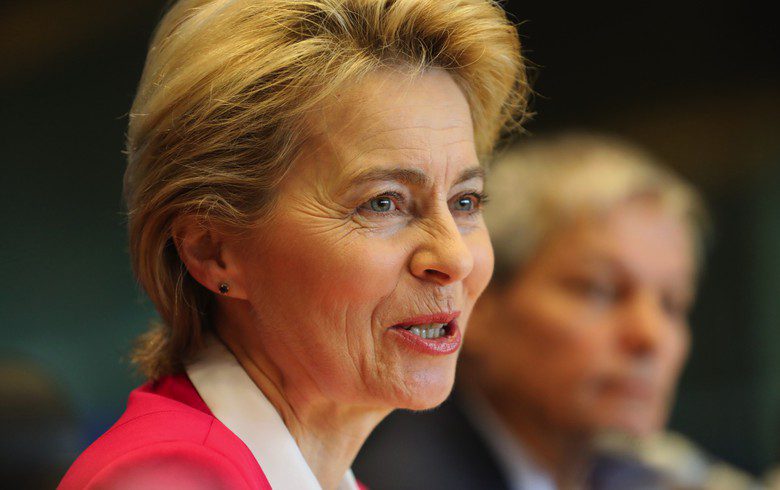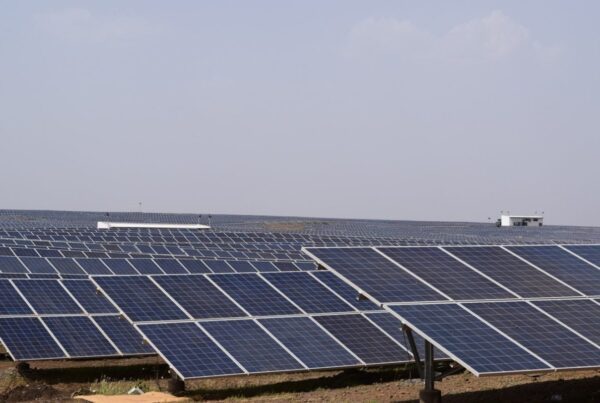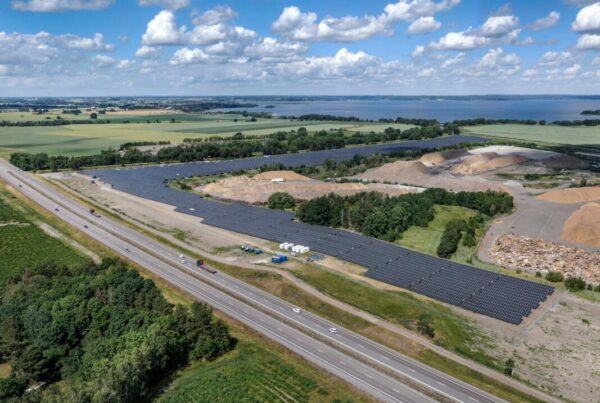
May 18 (Renewables Now) – The European Commission (EC) presented on Wednesday the REPowerEU Plan through which it seeks to end Europe’s dependence on Russian gas as soon as possible by relying instead on energy savings, diversification of energy supplies and accelerated roll-out of renewables.
The plan collects various strategies, recommendations, guidelines and regulations. One short-term measure is the creation of the EU Energy Platform, aimed at enabling the voluntary common purchases of gas, liquid natural gas (LNG) and hydrogen for all member states.
When it comes to renewable energies, the EC proposes to raise the headline 2030 target for renewables from 40% to 45% under the Fit for 55 package. Doing so will pave the way for other initiatives such as adopting a dedicated EU Solar Strategy to double solar photovoltaic (PV) capacity by 2025 and install 600 GW by 2030.
The particular solar strategy comes in addition to the newly-adopted EU External Energy Strategy as well as the Commission’s recommendation on accelerating permit-granting procedures for renewable energy projects and facilitating power purchase agreements (PPAs).
The EU has pledged to make the installation of rooftop solar compulsory for all existing public and commercial buildings with a useful floor area larger than 250 sq m by 2027 and all new residential buildings by 2029.
Our proposals are addressing Europe’s energy security, our defence and support to Ukraine.
We must now reduce as rapidly as possible our reliance on Russia in energy.
We can.
https://t.co/SF640dlGl6— Ursula von der Leyen (@vonderleyen) May 18, 2022
The wider plan also sets a target of 10 million tonnes of domestic green hydrogen production and 10 million tonnes of green hydrogen imports by the end of the decade. These volumes should help replace natural gas, coal and oil in hard-to-decarbonise industries and transport sectors.
The EC envisages three major hydrogen import corridors from the North Sea region, particularly Norway and UK, from the Southern Mediterranean and from Ukraine. It notes that these corridors need to be established as soon as conditions allow.
The Commission views energy savings as the quickest and cheapest way to address the current energy crisis, while lowering bills, and thus proposes an increase from 9% to 13% of the binding Energy Efficiency Target under the Fit for 55 package of European Green Deal legislation. The newly-published EU Save Energy Communication gives details about certain short-term behavioural changes that can help reduce gas and oil demand by 5%.
There is also a Biomethane Action Plan that outlines tools and financial incentives to increase production to 35 bcm by 2030.
The EC estimates that achieving the objectives of the plan would require an additional investment of EUR 210 billion (USD 222bn) between now and 2027, but, at the same time, cutting Russian fossil fuel imports can save almost EUR 100 billion per year. The Commission said that the plan can be supported with EUR 225 billion already available in loans under the Recovery and Resilience Facility (RRF), which the EC describes as “the heart of the REPowerEU Plan”.
(EUR 1.0 = USD 1.056)
Join Renewables Now’s free daily newsletter now!





